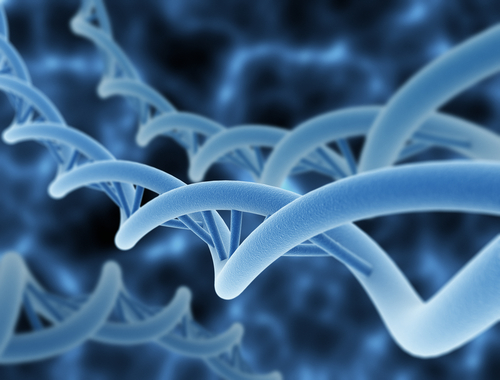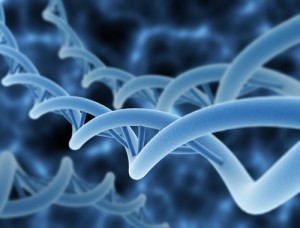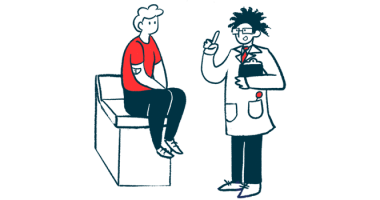Restoring Missing Dysferlin Protein Could Serve As Muscular Dystrophy Therapy
by |

 A recent study entitled “Proteasome inhibitors increase missense mutated dysferlin in patients with muscular dystrophy” published in Science Translational Medicine reports increased expression of the protein dysferlin, via inhibiting proteasome activity, may become a new therapeutic treatment for patients with muscular dystrophy.
A recent study entitled “Proteasome inhibitors increase missense mutated dysferlin in patients with muscular dystrophy” published in Science Translational Medicine reports increased expression of the protein dysferlin, via inhibiting proteasome activity, may become a new therapeutic treatment for patients with muscular dystrophy.
Muscular dystrophies (as Duchenne and Becker forms of muscular dystrophy) are characterized by muscle weakness and atrophy, generally caused by mutations in the Dystrophin gene.
Dystrophin, together with other proteins, is required for proper maintenance and strengthening of muscle cells, thus protecting muscle fibers from injury. When the Dystrophin gene is mutated, the produced protein is altered, being recognized as defective and thereby eliminated by the cells’ machinery responsible to scan “proteins’ quality,” the proteasome. The loss of dystrophin leads to progressive loss of skeletal muscle fiber.
Now, a team of researchers at the Departments of Neurology and Biomedicine at the University Hospital of Basel can restore dysferlin protein in skeletal muscle of patients with muscular dystrophy. In a previous study by the same team, the scientists discovered that inhibiting proteasome activity would prevent mutated dystrophin protein from being degraded in cultured muscle cells from muscular dystrophy patients. The treatment repaired damage muscle cells.
[adrotate group=”3″]
The study, led by Professor Michael Sinnreich, showed in three patients with muscular dystrophy that a single dose of a proteasome inhibitor, bortezomib, significantly increases dysferlin protein in muscle fibers. These findings may be used in future therapeutics, as Dr. Sinnreich commented, “These findings could be of importance for the treatment of patients with muscular dystrophy as well as other, previously incurable genetic diseases.”








